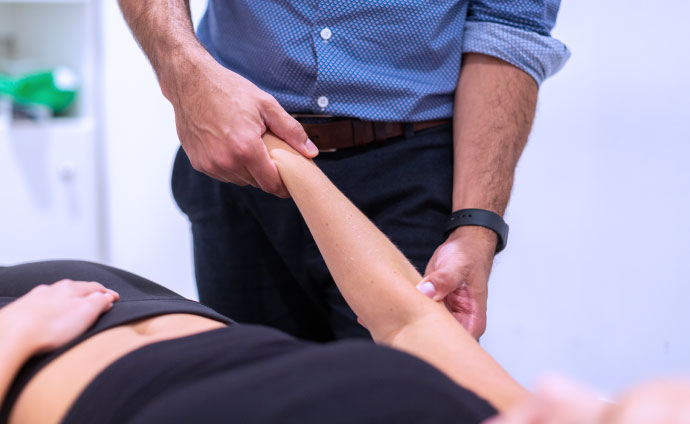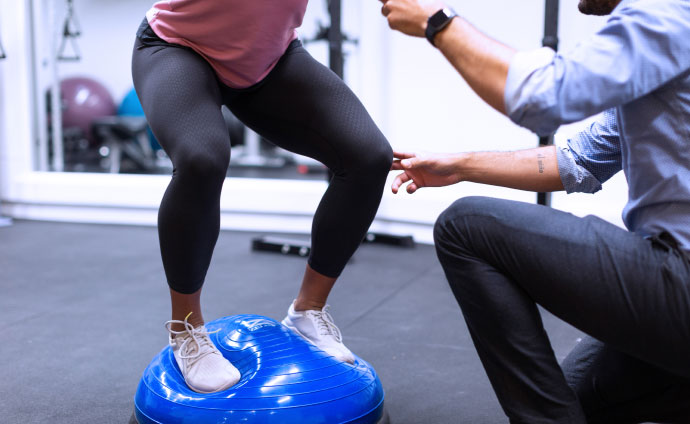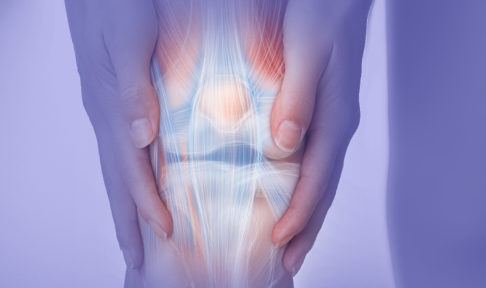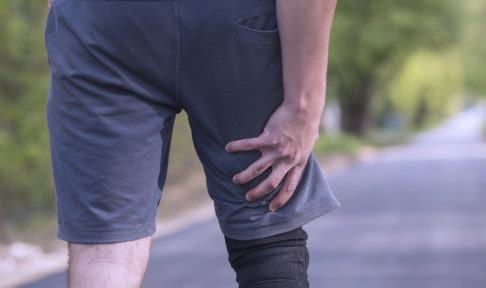Whether you’ve fallen off your bike, down a flight of stairs or tripped over thin air, a serious fall can have long-lasting impacts if left undiagnosed or untreated. At the moment, with the pandemic and vaccine rollout, the NHS is inundated with cases meaning they aren’t always able to provide a high level of follow up care when you present after an accident.
So, if you’ve had a serious fall, what should you do next?
Booking an assessment with a physio is recommended – even if you initially feel as though you can just grin and bear it. Small breaks or other more serious injuries are often mistaken for general bruising or soreness and you don’t want to find yourself still in pain weeks later, or worse, with ongoing complications. So, it’s best to defer to the professionals!
What does a falls assessment with a physio involve?
If you present to a physio after suffering from a fall, the first thing they need to do is determine what injuries you have. Best-case scenario they will just be soft tissue injuries that will heal over time with icing and rest, but it’s always sensible to be checked over for other issues.
Spectrum’s approach is a little different than conventional physios. When assessing you, we take a holistic 360° look at your health. What this means is we don’t just look at the one area of the body you think may have been affected by the impact of falling, we’ll test and observe the movement of all areas to ensure there isn’t referred pain or an injury that you’re not aware of. And we’ll also consider your previous medical history, lifestyle, habits, posture and more to determine a personalised treatment plan for you.

Common types of injuries sustained after falls
While falling might typically be associated with elderly people fracturing their hips, there are other common injuries associated with falls, including back, elbow, knee and wrist injuries from impact.
Broken bones are most serious if the break occurs through a joint like an elbow or wrist, as if it isn’t set and rehabbed properly, it can cause ongoing functionality issues. In the worst-case scenario, if a joint heals incorrectly, you may even need to have it rebroken and then go through the entire healing and rehab process from the start under the guidance of a physio. So, it’s a much better idea to get it right from the start…
An injury to your back can normally be categorised as either peripheral or spinal. Spinal injuries occur when damage is caused to the vertebrae, ligament, or disks of the spine, whereas peripheral nerve damage in the back can occur from the trauma of a fall. In extreme cases this can extend to a dislocation, fracture or crushing of a vertebra.
Physio used to treat injuries sustained from a fall
The physio treatment that is appropriate after a fall will totally depend on the type and severity of the injury that’s been sustained, but some of the common treatments we offer at Spectrum include:
- Game Ready ice and compression therapy
The Game Ready system combines the effectiveness of compression treatment with icing in one machine. This is especially useful if you’re dealing with soft tissue injuries, swelling or stiffness from a fall. The treatment involves a sleeve being applied to the affected area that continuously circulates cold water through the sleeve. This removes heat and reduces inflammation, while at the same time, the sleeve is pumped full of air, which tightens and compresses around the contours of your body.
- Soft tissue therapy
Soft tissue therapy covers a wide range of hands-on treatment types that work to increase local blood flow by helping to clear damaged cells, supply tissues with oxygen and nutrients, and fight tension and fatigue. This can be useful to help prevent or remodel scar tissue, reduce pain and swelling and accelerate the healing process in affected areas.
- Mobilisations and manipulations
Mobilisations and manipulations are designed to help joint pain and healing through hands-on treatments from a qualified physician like a physio. They can help to improve the mobility and function of your soft tissues, joints, muscles, tendons and ligaments that have been damaged by a fall.

Can physio help prevent falls in the future?
Improving your strength and balance can be a very effective way to reduce your risk of having a fall. We offer Guided Exercise sessions, that can be tailored to your age, capability and goals, for example better coordination and balance that would prevent you from falling in the future.
Of course, we will never prescribe a programme for you without first undertaking a full biomechanical assessment. And then each session is fully supervised in our London clinic, which contains a gym area of specialised equipment.
So, in summary, yes, a physio can greatly help you after a fall. From the initial assessment and diagnosis, through to ongoing monitoring and rehab, there’s no need for you to be left wondering whether the aches and pains you’re feeling after a fall are ‘just a bruise’ or something more sinister.
Do you want to learn more about how physio can help you both prevent and recover from a fall?
Get in touch with us today for a free 15-minute consultation.



